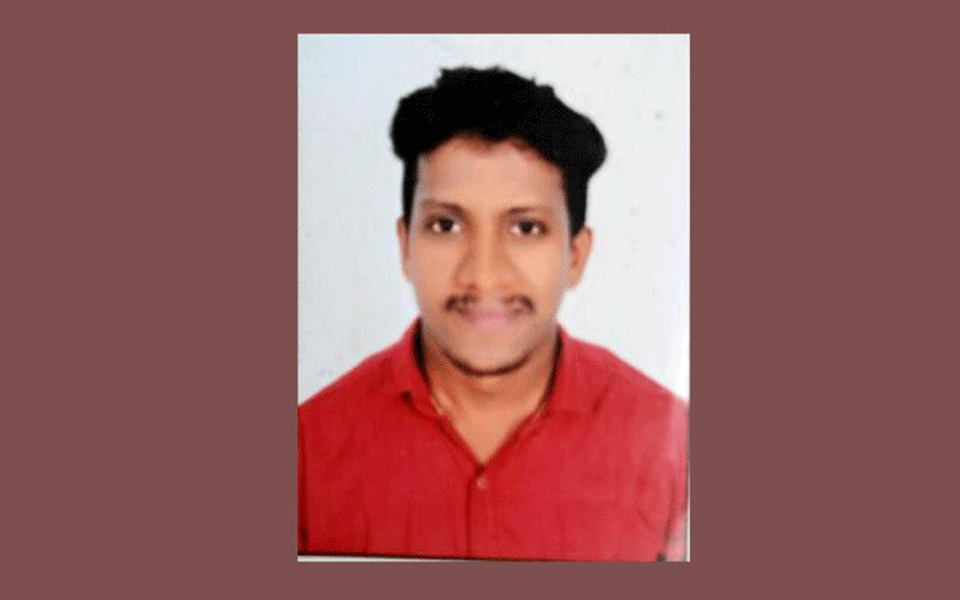Mangaluru: A 25-year-old bike-rider died on the spot when a tipper collided with his bike on which he was travelling near Tokkottu bus stand on Friday morning.
The deceased has been identified as Kumpala’s Ashraya Colony resident Vineet Raj.
Due to the on-going bridge construction work in Tokkottu, the movement of Heavy vehicles is increased near Tokkottu bus stand. This has become a nightmare for commuters and motorists in the town. Irked over the accident, people alleged the incident took place because the tipper was proceeding through the bus stand road.
Ullal police have registered a case.
Let the Truth be known. If you read VB and like VB, please be a VB Supporter and Help us deliver the Truth to one and all.
Dubai: Smoke was seen rising from an area near the United States Consulate in Dubai, according to witness accounts cited by Reuters.
There was no immediate official confirmation on the extent of damage or whether there were any casualties in the incident.
Earlier, the US embassy in Riyadh, Saudi Arabia’s capital, was also attacked. Authorities reported damage to the premises, but no casualties were recorded.
The developments come amid heightened tensions in the region, with Iran continuing to target US interests in the Middle East following deadly attacks launched on Saturday by Israel and the United States.
Near US embassy in Dubai pic.twitter.com/z5VTZNVxNO
— Sahil Shah (@thesahilsshah) March 3, 2026





